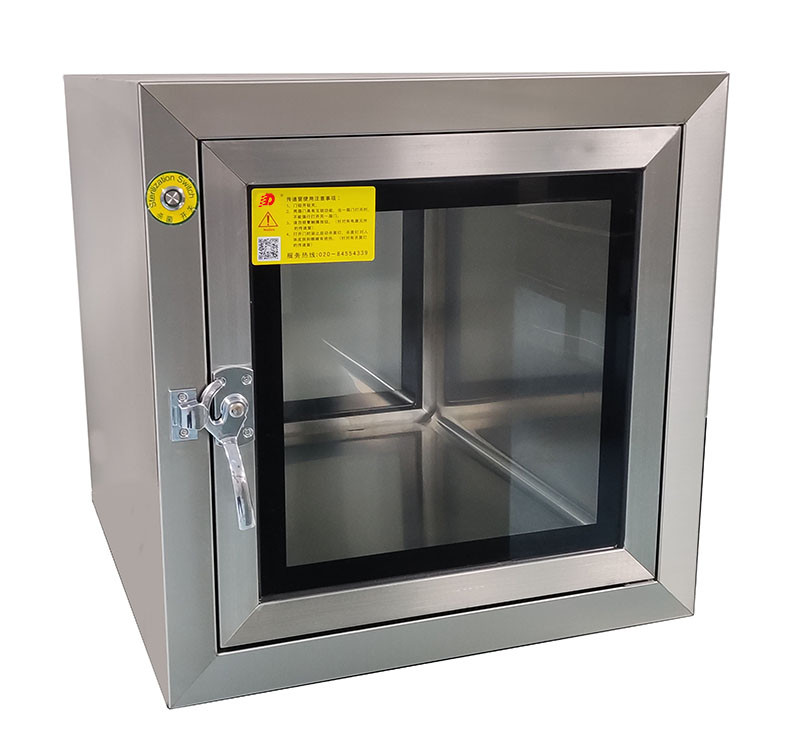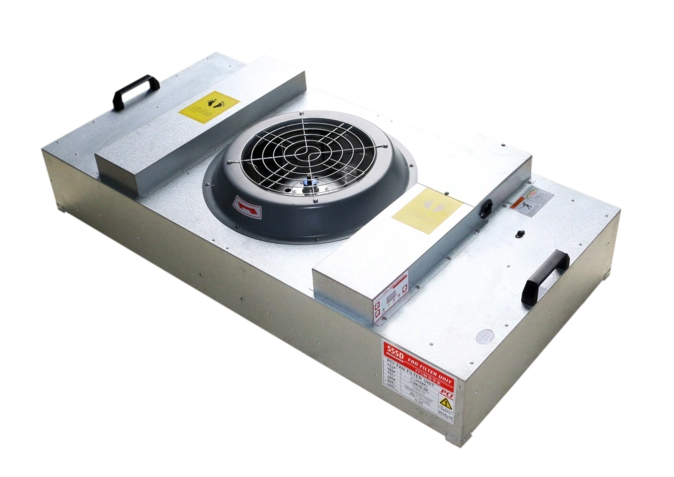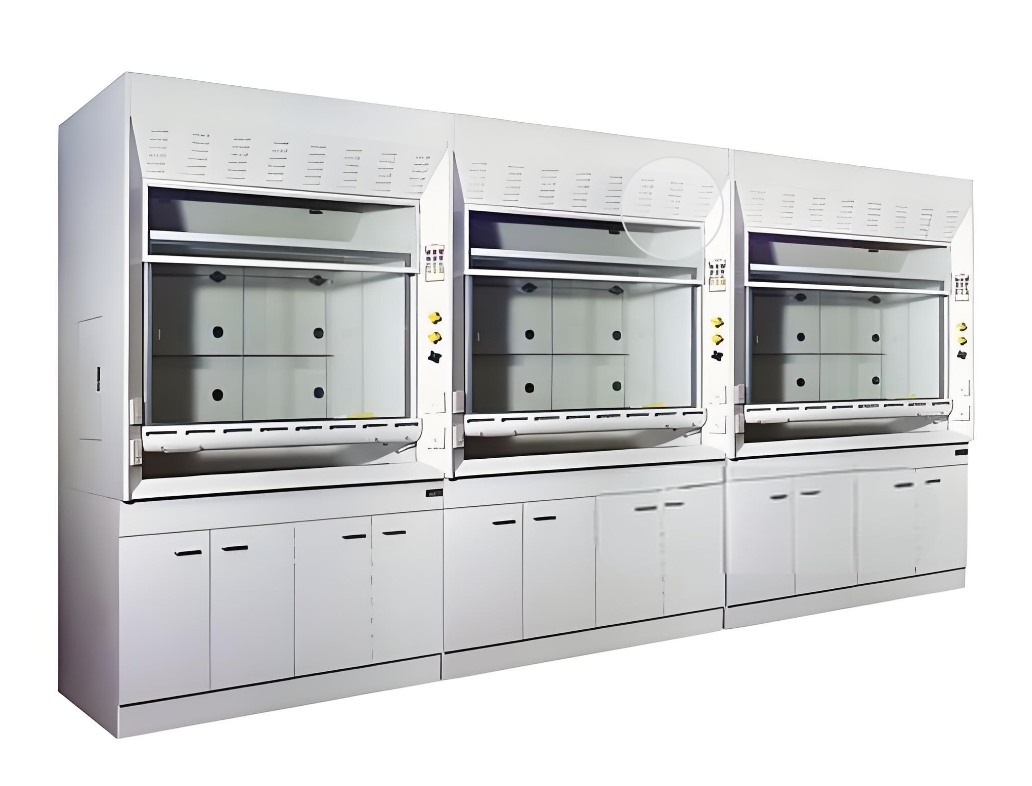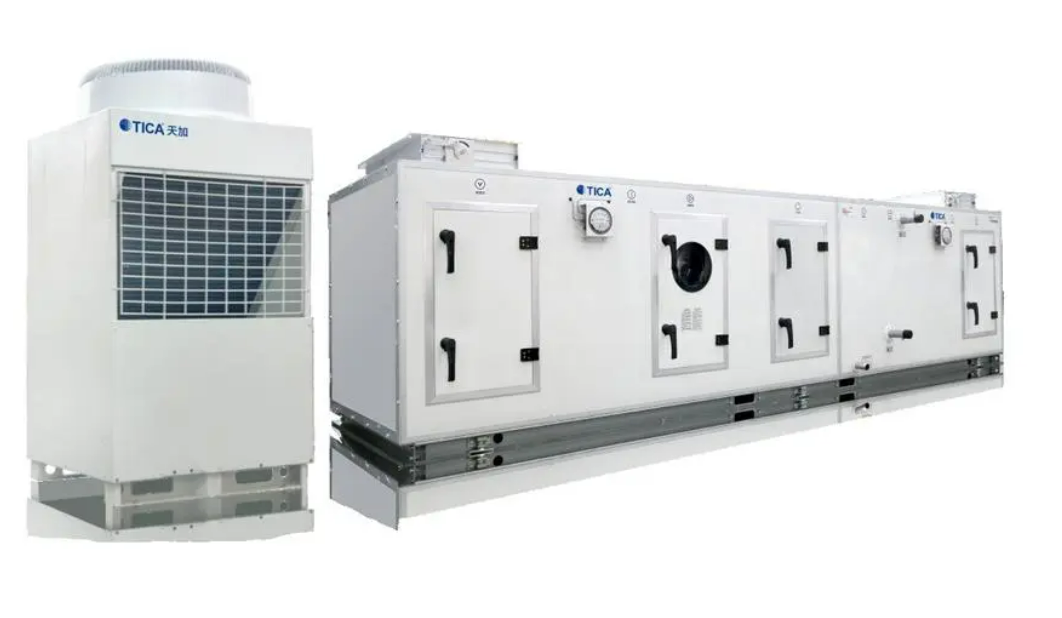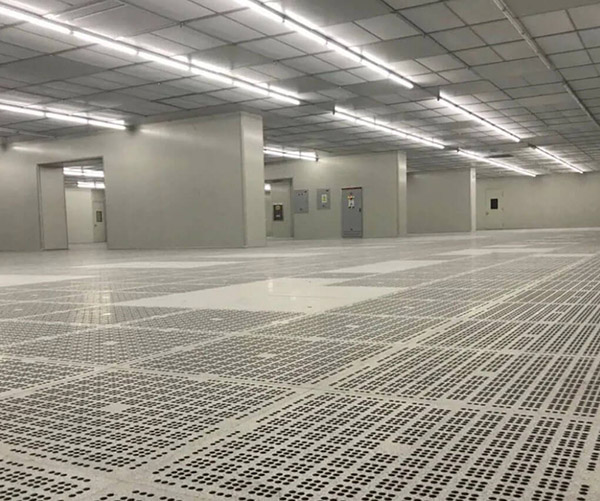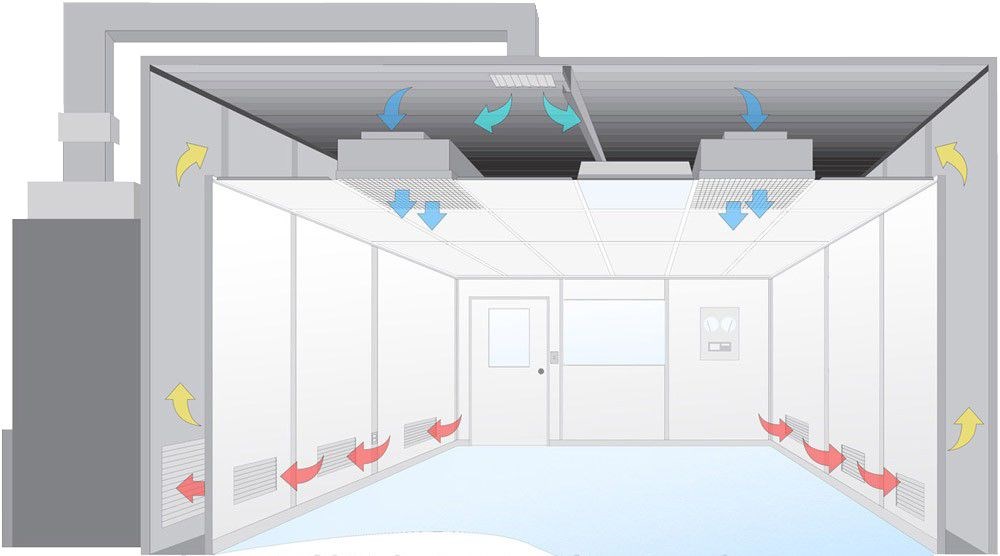The application and audit of Cleanroom Certification usually involves a series of steps designed to ensure that the cleanroom meets specific national or industry standards and specifications. The following is a general process, and the specific steps may vary depending on the region, industry or standard:

Certification Application
1. Understand the certification standards and requirements
First, the company needs to clarify the specific certification standards and requirements for modular cleanrooms in its industry. This may include international standards (such as ISO 14644 series), national standards (such as China's GMP Standards) or industry-specific standards.
2. Prepare application materials
Prepare relevant application materials according to the requirements of the certification standards. These materials may include but are not limited to:
Business license and organization code certificate
Legal representative ID card and power of attorney
ISO9000 quality management system certification (if applicable)
Product inspection report
Testing agency qualification certificate
Environmental testing report (including cleanliness test report)
Company profile and Cleanroom design plan
Other documents that may be required according to specific standards or requirements
3. Submit application
Submit the prepared application materials to the corresponding certification body or government department. In China, this may involve submitting a "Pharmaceutical GMP Certification Application" (for the Pharmaceutical industry) or other relevant applications to the Food and Drug Administration window at the provincial government hall.

Review process
1. Formal review
The certification body or government department will conduct a formal review of the submitted application materials to confirm the completeness and compliance of the materials. If the materials are incomplete or do not meet the requirements, the applicant will receive a notice to supplement the materials.
2. Technical review
After passing the formal review, the application materials will enter the technical review stage. At this stage, the certification body will conduct a detailed assessment of whether the design plan, equipment configuration, operating conditions, etc. of the clean room meet the requirements of the certification standards.
3. On-site inspection
After the technical review is passed, the certification body will arrange an on-site inspection. The inspection team will check the layout, equipment, operating procedures, environmental monitoring records, etc. of the clean room on site to verify whether it meets the certification standards.
4. Comprehensive assessment and approval
Based on the results of the on-site inspection and technical review, the certification body will conduct a comprehensive assessment. If the clean room meets the requirements of the certification standards, it will be approved and the corresponding certification certificate or approval document will be issued. If the requirements are not met, the certification body will issue a rectification notice to the applicant, requiring it to make rectifications within the prescribed period and reapply for certification.

Notes
Choose an authoritative certification body: Make sure that the selected certification body is authoritative and credible to ensure the validity and recognition of the certification results.
Prepare in advance: Since the Certification Process may be relatively complex and time-consuming, it is recommended that companies prepare in advance and plan a schedule.
Continuous compliance: After obtaining certification, companies need to continue to maintain the compliance of clean rooms and conduct regular self-inspections and maintenance to ensure that they continue to meet the requirements of the certification standards.
Please note that the above process is only a general description, and the specific process may vary depending on the region, industry or standard. Therefore, when applying for and reviewing the certification of clean rooms, it is recommended that companies consult experts or institutions in related fields for more accurate guidance and help.
 +86 18186671616
+86 18186671616 Jason@cleanroomequips.com
Jason@cleanroomequips.com
 MENU
MENU








